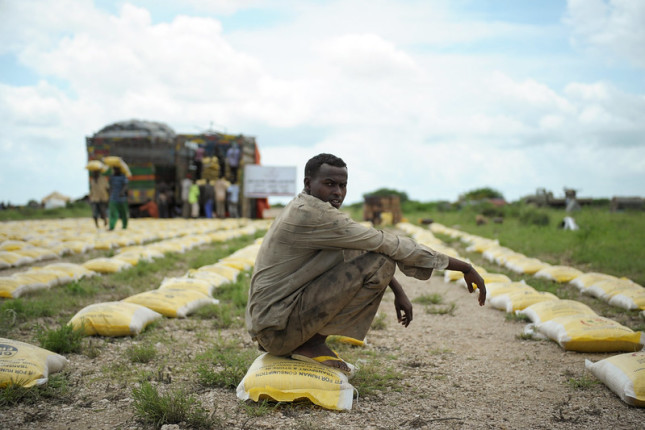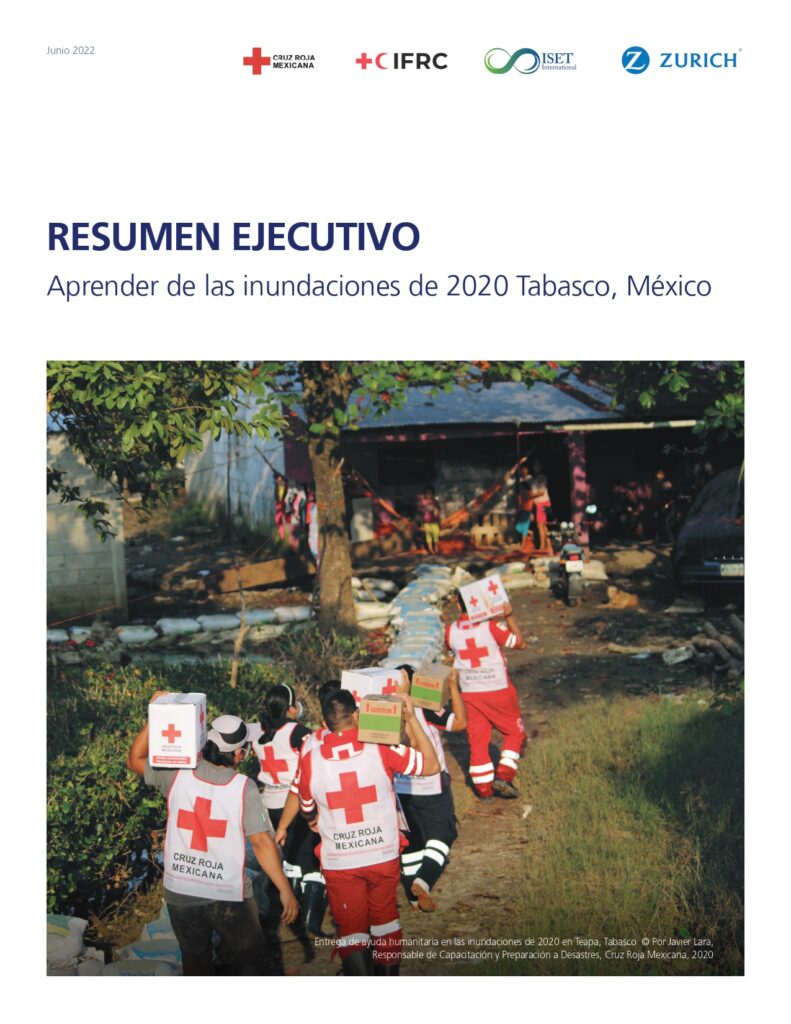The Common Alerting Protocol (CAP)
This two-page briefing note introduces the Common Alerting Protocol (CAP)—a standards-based approach for all-hazards, all-media public alerting. It explains how CAP provides a simple, consistent message format that supports best-practice warning templates, multilingual/multi-audience messages, precise geographic targeting, and improved update/cancellation features. The note also highlights operational benefits, including reduced costs and complexity by enabling a […]
The Common Alerting Protocol (CAP) Read More »




